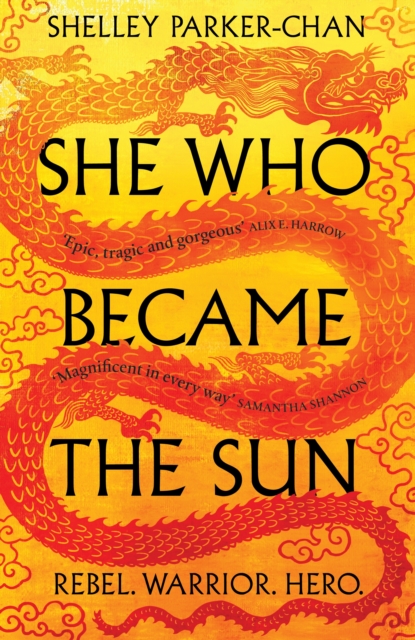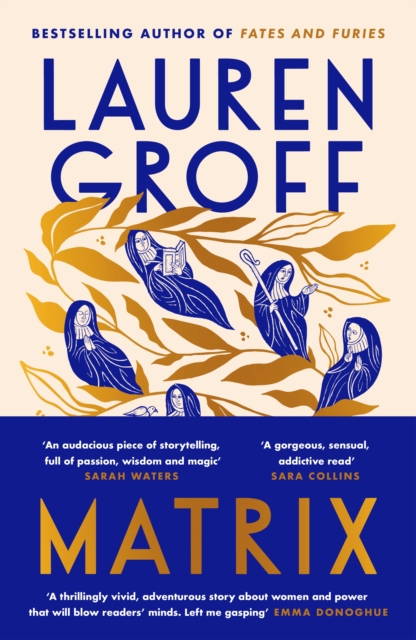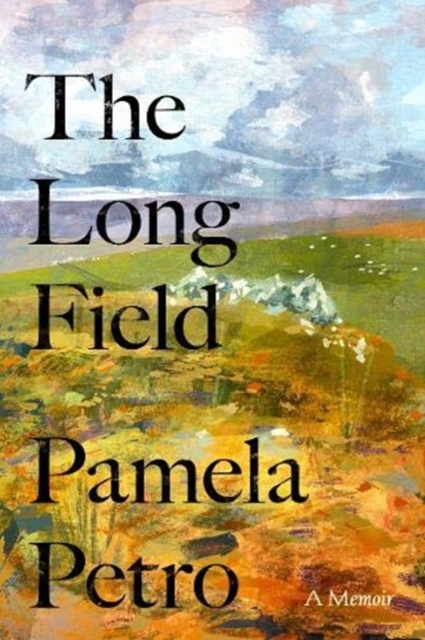The Q in LGBTQIA+ can stand for both ‘Queer’ and ‘Questioning’, so this month we get two words for the price of one, yay! Now, anyone who knows me knows I have a particular (amateur) interest in linguistics; in language, words, where they come from and what we can do with them. Not that surprising for a book nerd I suppose, but if you’ll bear with me for one moment I have some wonderful word nerdery to start with this month.
‘Queer’ was once a derogatory term, but it has been reclaimed (or is still in the process of being so) and turned into something to be celebrated by the queer community. The context I most often find it used now is as a collective term, encompassing everybody who falls under the LGBTQIA+ banner. It can also be a term for someone whose exact identity isn’t specified, or as a label itself by someone who may choose not to use more partisan labels or finds that they identify more generally with the grey areas between them. It’s even been adapted into some of those more specific labels, such as ‘genderqueer’. It’s a wonderful word that encompasses the history, current challenges, and diversity of the queer community, and for that I love it. I have also enjoyed its evolution into verb form, and that we now talk about things like ‘queering the narrative’. Ah, language evolution reflecting cultural evolution. Delicious.
‘Queer’ and ‘Questioning’ too are terms that tend to fall together. The process of trying to figure out identity, though made easier over the years by increasing transparency and awareness and terminology, can still be a long and fraught process. And even then sexuality and gender aren’t necessarily fixed concepts. These are both terms that create space for that exploration. And because they’re both so broad, I had a lot of fun choosing books for this month.
She Who Became the Sun by Shelley Parker-Chan is an obvious choice, not least because my reading spheres have exploded with enthusiasm since its release. It takes place in 14th Century China under Mongol rule, a queer retelling of the rise of the Ming Dynasty, and the author has unofficially subtitled it ‘the revenge of the genderqueers’. I’ve seen many readers applying modern labels to it – trans, sapphic, a-spec – but for the characters themselves, those words don’t exist yet. So it fits two of our definitions of ‘queer’; an umbrella term for many different types of identity, and a general term for one that isn’t precisely specified. Heck yeah! Right, now are you ready for this concept?
The girl was once one of seven children. The famine has left only herself, her brother, and her father. On his 11th birthday, the soothsayer declares that Zhu Chongba’s destiny is greatness. The girl’s; nothing. But then Zhu Chongba dies. And so the girl takes her brother’s name, and claims his destiny with it. This is Zhu’s story – and she’s willing to trick the gods themselves to survive. Think The Bear and the Nightingale meets The Poppy War. Yeah, THAT good.
If that wasn’t enough to warn you, this is a brutal book. But god, you’ll have such a good time getting your heart torn out and stamped on. The writing is fantastic, the setting drawn in vivid and epic detail, and the plot will have you shivering. I read it in two solid chunks, and if I hadn’t had to be at work the next day, I would have stayed up until 2am to finish it in one go. Actually my partner had to confiscate it from me to stop me doing that anyway. This is a book that sets your heart beating, your stomach churning, your mind racing. It might genuinely be one of the best fantasy books I’ve ever read.
Historical fiction of any type is always an interesting place to find queer characters. I actually didn’t pick up Matrix with the intention of including it in the roundup. I picked it up because it sounded interesting, and within just a few lines, it had captured me so completely that I dropped everything else to read it. The fact that it turned out to be queer was the icing on the cake.
Matrix has probably one of the most beautiful openings I’ve ever read. It begins with the young Marie de France, barely seventeen, arriving at a monastery in England having been exiled from the French court. Why? Because she is too wild. The last in a line of great European warrior women. Now Marie is to be prioress, to assist with the accounts, to stave off the death and disease that has plagued the nuns. At this point, she doesn’t even speak English. But gradually the need to survive grows to a dream of something more. Marie becomes a visionary, questioning not only how best to protect her nuns, but how they will thrive.
It captured me utterly, and when I had to put it down, just a few lines was enough to draw me back into it, completely beyond the real world. I finished it the day I started it, unable to think about anything other than Marie and her monastery until I had done so. Even after I’d long finished the book itself, Marie stayed with me, so much so that I was delighted to come across her work referenced in Storyland by Amy Jeffs just days later. Marie de France was a real person, but if you don’t know anything about her, I wouldn’t recommend looking her up until after you’ve read her life in fiction. This is not a book written for historical accuracy.
Lauren Groff is a writer who skims across the surface, capturing the essence of a moment in beautiful prose whilst also conveying the depth of human experience. It’s not a book you read for plot. It is a character study conducted across a lifetime, reminiscent of Madeline Miller’s Circe. Marie de France, too, is an almost mythical figure in history, and Matrix captures not just a woman so extraordinary that her legacy still echoes centuries later, but the complexities of everyday gender politics in the medieval period, and highlights how it mirrors society today. Matrix is beautiful and evocative, but it’s also a political statement and an exploration of womanhood, freedom, and agency.
Perhaps it’s better to describe Matrix not as a novel, but as a lifetime. The entire thing takes place in this one vale; only through memories and visitors do we see the world beyond. From Marie’s perspective, characters come and go, some of whose lives will tangle with hers for the rest of their days, and some of whom cross paths with her – and us – for only a moment. And, like many people, her sexuality is only part of that. All of the great loves of Marie’s life are women. It’s never given a name, nor does she consider it much, but it is part of who she is and how she lives her life, and the label we would give that now is ‘queer’.
It’s nice to review books where queerness is a subtler part of the story. Undeniably there, given page time, influencing the story, but one thread of the tapestry that is a person’s life rather than their only feature.
That’s very much the way queerness influences The Long Field by Pamela Petro. This is a memoir, but it’s also a discussion of the concept of ‘hiraeth’. Stand by for more word nerdery! Hiraeth is one of those great joys – a word that has no direct equivalent in English. It falls somewhere between ‘nostalgia’ and ‘homesickness’, a longing with a bitter edge. An unreclaimable past, or a future possibility lost. The gap between here and there. Like most feelings, it means something slightly different to everyone who experiences it. As a result, it is a very personal read, and this is going to be a very personal review.
Pamela’s job now is “to teach Americans to love Wales” – and that’s what this book feels like. It’s a love letter to Wales from a knowingly American perspective. And to discuss hiraeth, Pamela considers what ‘home’ and ‘belonging’ mean. To me, and to her as a woman in love with a woman, hiraeth is part of what it’s like to be a queer person in a heteronormative society – a society where we have to look outside the established patterns to find what fits us, to build something that works for us. We are looking for that sense of belonging that heterosexual and cisgender people are born into, and in whose society we find and carve spaces for ourselves. That moment in a queer person’s life of realisation that there is a gap between the world we live in and the world we will not just be accepted in but belong to, that gap that requires imagination and activism to cross, is coloured by hiraeth.
My own experience of hiraeth is intrinsically Welsh too; a longing for a heritage I am disconnected from by generations and distance; a language I’m learning to fumble my tongue around as an adult which I should have grown up speaking. And perhaps that’s what I enjoyed about this book so much. It’s a story parallel to mine in many ways; a discovery of this country, its culture, its language and landscape, connected completely to the journey of self; from the perspective of someone knowingly outside, and yet wondering what exactly that means. But it also gave me words from that language to name what is a universal feeling. This is a book about connections, chosen and otherwise. It is a life story, a celebration of humanity, a discussion of what exactly it means to be human. It was a compelling read, and one that left my brain fizzing.
As always, you can see all three of the books here.
And a list of even more queer reads here.



